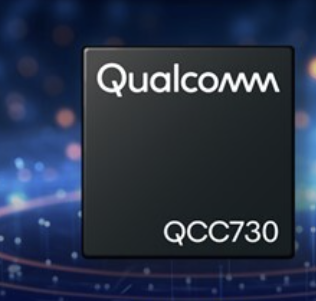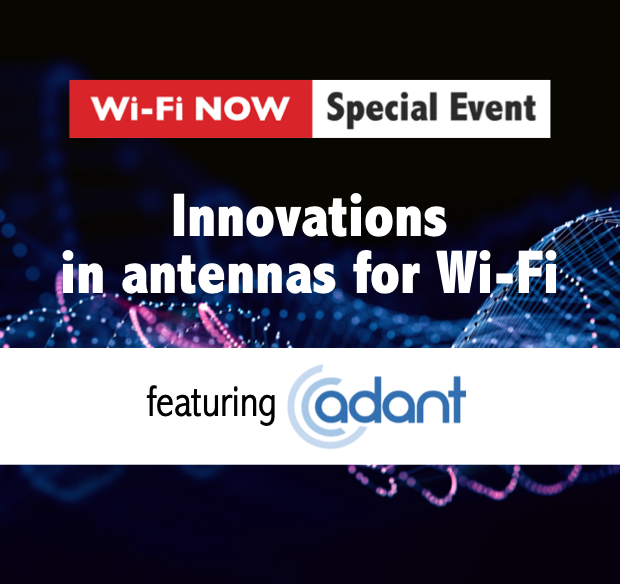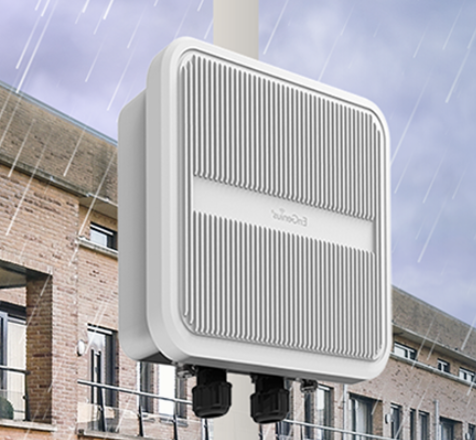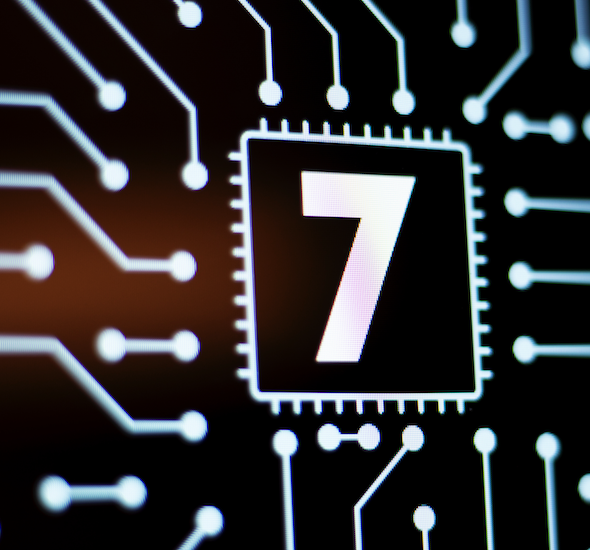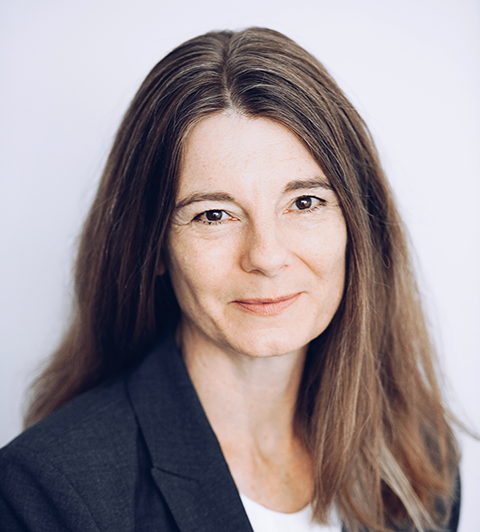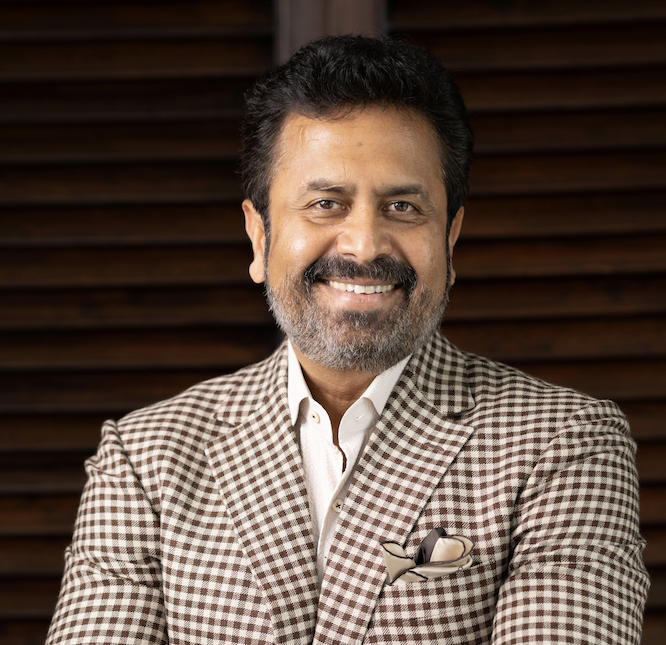
By Claus Hetting, Wi-Fi NOW CEO & Chairman
It has been a long time coming but now finally the FCC is appears ready to introduce new regulation allowing Very Low Power (VLP) 6 GHz Wi-Fi operation. VLP Wi-Fi was part of the original 6 GHz regulatory framework of 2020 but was never finalised and signed into law. This is now set to change this October, the FCC says. The perspective is an entirely new class of connectivity designed for personal devices including – for example – XR.
FCC Chairwoman Jessica Rosenworcel announced this week that the FCC is now – after a three-year hiatus – ready to go ahead and authorise the use of an entirely new class of Wi-Fi devices: So-called ‘Very Low Power’ devices operating in the 6 GHz band. The exact statement from the FCC follows:
“The rules, or Report and Order, would authorise very low power (VLP) operations in the U-NII-5 and U-NII-7 portions of the 6 GHz band totalling 850 MHz of spectrum. Operations at power levels up to -5 dBm/MHz could occur anywhere, indoors or outdoors, without any need for a frequency coordination system.” The full statement can be found here.
The new regulation is not yet a done deal but is largely expected to be signed into law when the FCC meets on October 19. After that the question is how the new VLP Wi-Fi will be used and by whom – and for the that matter, when. FCC says it will also propose to permit VLP devices to use higher power levels under the use of a ‘geofencing’ mechanism but doesn’t specify what such a mechanism would entail. FCC also says it will ask for public comment on expanding VLP usage to the other 6 GHz bands.
VLP Wi-Fi devices are expected to include low-power wearables as well as XR-type devices such as glasses and headsets. Some speculate that Apple, Google, Meta and others may use VLP Wi-Fi to connect future XR headsets. Automotive connectivity – meaning connecting Wi-Fi devices within cars and other vehicles, perhaps even aircraft? – is another obvious application area for VLP Wi-Fi. And of course IoT devices – wearable or not – could be yet another application area.
We’ll be following these exciting new developments closely.
/Claus.


